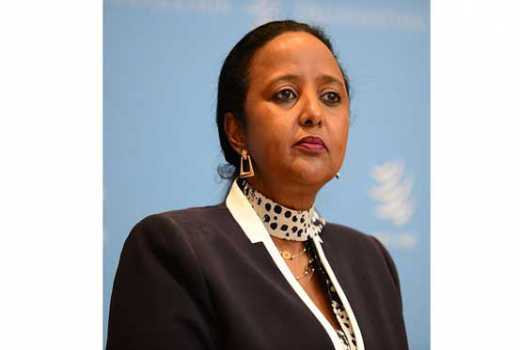
Education Cabinet Secretary Amb. Amina Mohamed has said Science, Technology, Engineering and Mathematics (STEM) model schools where students are involved in practically addressing problems within their locality hold the key to future industrialization and prosperity of developing countries such as Kenya.
“Innovated projects by students in these schools ought to be accelerated to viable levels for the benefit of the entire nation,” said Amb. Mohamed in a speech read by the Director Policy, Partnerships and East African Community Affairs in the Ministry of Education Mr Darius Mogaka during the disbursement of equipment worth millions of shillings to 102 STEM model schools from all over the country and 39 In-Service Education Training (INSET) centres at the Centre for Mathematics, Science and Technology Education in Africa (CEMASTEA).